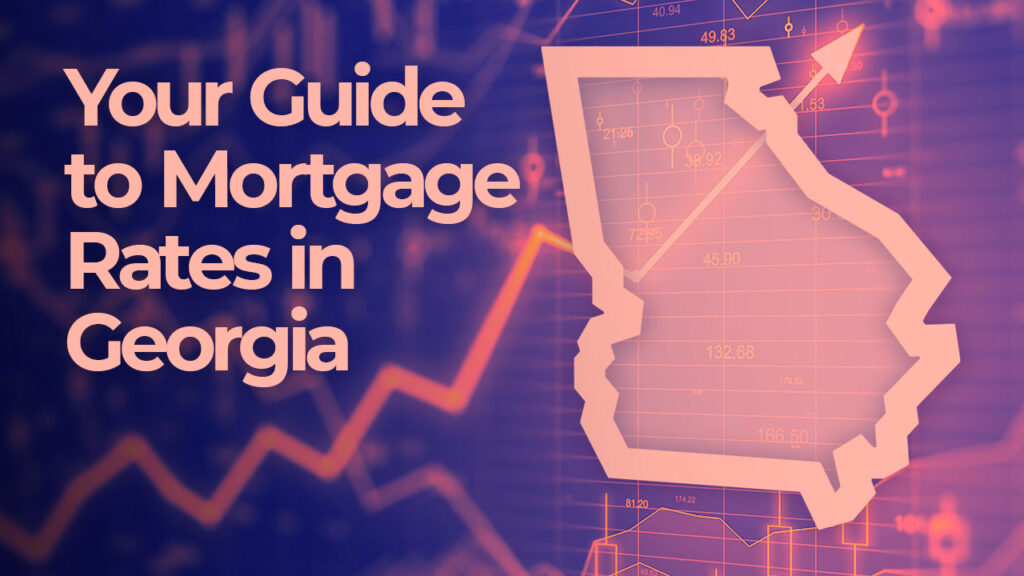Introduction
Thinking about a small loan but unsure how much you can borrow? Securing the right amount is crucial for managing your finances effectively. This guide breaks down the factors influencing small loan amounts in the US, helping you understand what’s possible and how to improve your chances of approval.
Factors Affecting Loan Amounts
Several factors influence the amount you can borrow. Let’s explore the key ones.
Credit Score
Your credit score is paramount. A higher score signifies lower risk to lenders, leading to higher loan offers and better interest rates. Check your credit report from AnnualCreditReport.com before applying.
Debt-to-Income Ratio (DTI)
Lenders assess your DTI to gauge your ability to repay. A lower DTI improves your chances of approval and increases the potential loan amount. 
Income
Your income is a primary indicator of repayment capacity. Stable and sufficient income significantly impacts the loan amount you can secure.
Loan Type
Different loan types have varying maximum amounts. Payday loans, for example, usually have much lower limits than personal loans. Learn more about different loan types.
Lender Policies
Each lender sets its own lending criteria, impacting the available loan amount. Some may offer smaller loans, while others cater to larger borrowing needs.
Interest Rates and Fees
Higher interest rates and fees can reduce the effective amount you receive, even if approved for a higher nominal amount. 
Loan Term
Shorter loan terms usually mean smaller loan amounts, but higher monthly payments. Longer terms may allow for larger loans but result in higher overall interest paid. Consider the long-term implications of different loan terms.
Collateral
Secured loans, using assets as collateral, often allow for larger loan amounts. However, it involves significant risk.
Co-Signer
Having a co-signer with good credit can strengthen your application and potentially increase the amount you can borrow.
Purpose of the Loan
While lenders generally don’t dictate how you use the funds, specifying the purpose (e.g., debt consolidation, home repair) might influence their decision.
Application Process
Ensure you complete the application accurately and thoroughly. Inaccurate information can lead to rejection or a reduced loan offer.
Pre-Approval
Getting pre-approved by multiple lenders can help you compare offers and choose the best terms. 
Shopping Around
Comparing offers from several lenders is crucial to securing the best possible interest rates and loan amounts. Use online comparison tools like NerdWallet to help with your research.
Financial Health
Improving your credit score and DTI before applying can significantly impact your borrowing power. See tips for improving your financial health.
Understanding the Fine Print
Carefully review all terms and conditions before accepting a loan offer. Understand the APR, fees, and repayment schedule to avoid unexpected costs.
Conclusion
The amount you can borrow with a small loan in the US depends on various interconnected factors. By understanding these elements and taking proactive steps to improve your financial standing, you can significantly increase your chances of securing the loan amount you need. Remember to compare offers and choose wisely.
Frequently Asked Questions
What is the average small loan amount? The average small loan amount varies greatly depending on the lender and your financial profile, ranging from a few hundred to several thousand dollars.
How quickly can I get a small loan? The speed of loan processing differs between lenders; some may offer same-day funding, while others may take a few days or weeks.
What are the risks of taking out a small loan? The main risk is accumulating high interest charges if you fail to repay the loan on time. Ensure you can comfortably manage monthly payments.
Where can I find reputable small loan lenders? You can explore options through online lenders, credit unions, and banks. Always verify their legitimacy and licensing before applying.
Can I get a small loan with bad credit? While securing a loan with bad credit might be harder, some lenders specialize in offering loans to individuals with less-than-perfect credit scores. However, expect higher interest rates.


